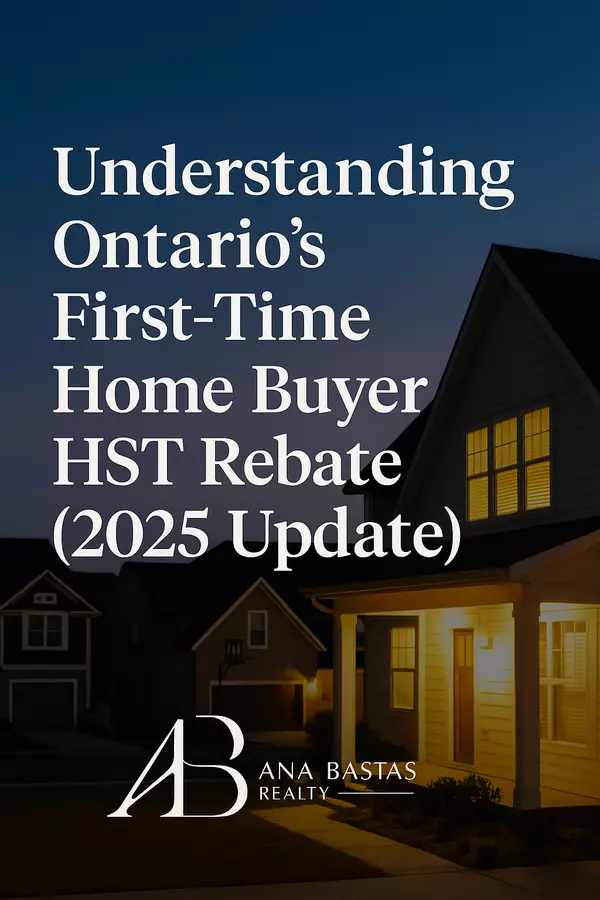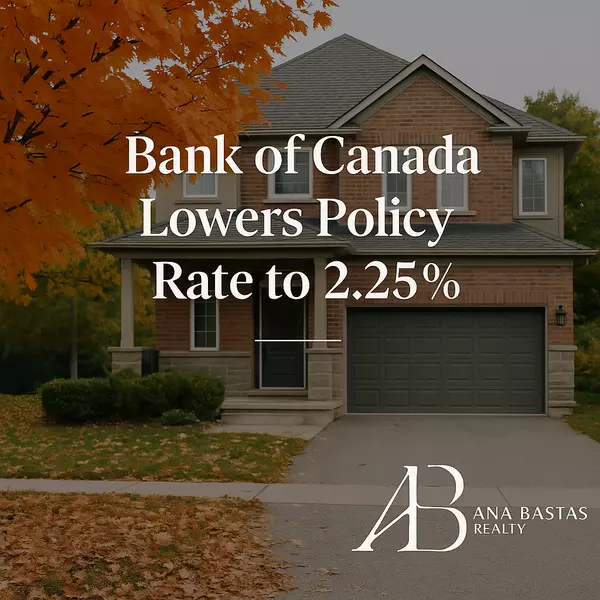The Role of Closing Costs in Your Home Purchase Budget

When planning to buy a home, most people focus on saving for a down payment. However, there’s another essential part of the equation: closing costs. These are additional expenses that come into play before you can officially take ownership of your new home. Understanding and budgeting for closing costs is critical to avoiding surprises and ensuring a smooth purchase process.
This guide will explain what closing costs are, their role in your home purchase budget, and how you can prepare for them effectively.
What Are Closing Costs?
Closing costs are the fees and expenses associated with finalizing a real estate transaction. These costs cover various services required to transfer ownership of the property from the seller to the buyer. While they vary based on location, property type, and other factors, closing costs in Canada typically range from 1.5% to 4% of the home’s purchase price.
For example, if you’re buying a home for $800,000, you can expect closing costs to fall between $12,000 and $32,000.
Key Components of Closing Costs
Understanding the breakdown of closing costs will help you plan your budget more effectively. Here are some of the most common expenses:
1. Land Transfer Tax (LTT)
- What it is: A tax paid to the provincial or municipal government when you purchase property.
- Cost: Varies by province. In Ontario, the LTT is calculated based on a percentage of the property’s value.
- Rebates: First-time homebuyers may qualify for rebates, which can significantly reduce this cost.
2. Legal Fees
- What it is: Lawyers handle the legal paperwork, such as title transfers and mortgage documentation.
- Cost: Typically ranges from $1,500 to $3,000, depending on the complexity of the transaction.
3. Home Inspection Fees
- What it is: A professional evaluation of the property’s condition to identify potential issues.
- Cost: Usually around $400 to $800, but this is optional and highly recommended.
4. Appraisal Fees
- What it is: An assessment of the property’s market value, often required by lenders to finalize the mortgage.
- Cost: Typically $300 to $500.
5. Title Insurance
- What it is: Protects against potential ownership disputes or title issues.
- Cost: Around $250 to $500.
6. Property Taxes and Adjustments
- What it is: If the seller has prepaid property taxes, buyers may need to reimburse them for the remaining portion of the year.
- Cost: Varies depending on local tax rates.
7. Mortgage Default Insurance (if applicable)
- What it is: Required if your down payment is less than 20%. While this can be added to your mortgage, it’s important to understand the cost implications.
- Cost: Based on the size of your mortgage and down payment, ranging from 2.8% to 4% of the mortgage amount.
8. Miscellaneous Fees
- What they are: Additional costs such as moving expenses, utility hookups, and administrative fees.
- Cost: Varies, but it’s wise to budget a few thousand dollars for these items.
Why Closing Costs Matter in Your Budget
Closing costs are an essential part of your overall home-buying budget for several reasons:
1. They Affect Your Affordability
If you overlook closing costs, you may find yourself short of funds on closing day. Including these costs in your budget ensures you’re financially prepared to complete the purchase.
2. They Can Impact Your Mortgage Approval
Lenders often require proof that you can cover closing costs in addition to your down payment. Demonstrating this financial readiness can strengthen your mortgage application.
3. They Determine the True Cost of Homeownership
Closing costs are part of the larger picture of homeownership expenses. Factoring them in gives you a realistic view of what it takes to buy and own a home.
How to Budget for Closing Costs
Planning for closing costs is straightforward if you take the following steps:
1. Research Costs in Your Area
Speak with your real estate agent or lawyer to get an estimate of the closing costs specific to your location and property type.
2. Save an Extra 3-4% of the Purchase Price
To be safe, aim to save at least 3-4% of the home’s purchase price for closing costs. This cushion will prevent last-minute financial stress.
3. Take Advantage of First-Time Homebuyer Incentives
Programs like the Ontario Land Transfer Tax Rebate can reduce some closing costs, so be sure to check if you qualify.
4. Plan for the Unexpected
It’s wise to set aside a small contingency fund for unplanned expenses, such as higher-than-expected adjustments or additional legal fees.
Conclusion
Closing costs are an integral part of buying a home, especially in a high-demand market like Toronto. By understanding these costs and budgeting for them early, you can ensure a smoother, stress-free home-buying experience.
Categories
Recent Posts











"My job is to find and attract mastery-based agents to the office, protect the culture, and make sure everyone is happy! "
